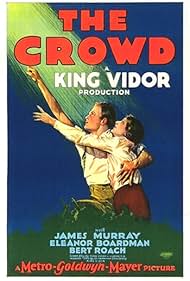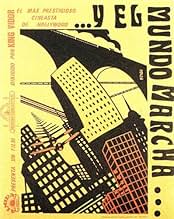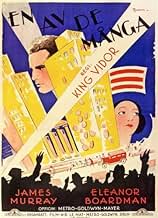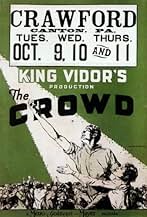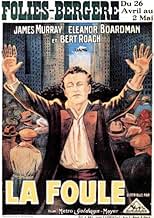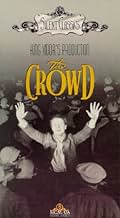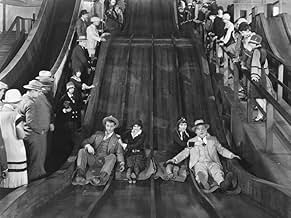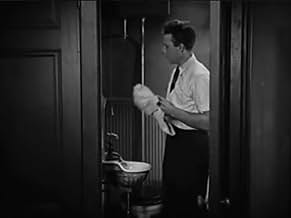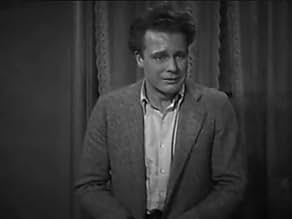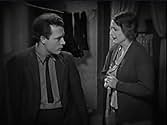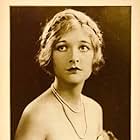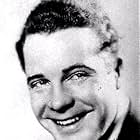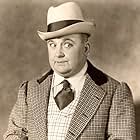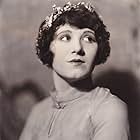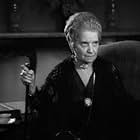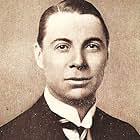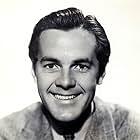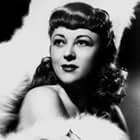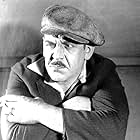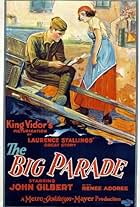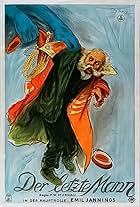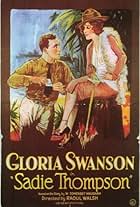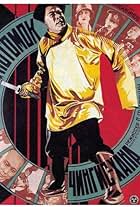IMDb RATING
8.1/10
9.5K
YOUR RATING
The life of a man and woman together in a large, impersonal metropolis through their hopes, struggles, and downfalls.The life of a man and woman together in a large, impersonal metropolis through their hopes, struggles, and downfalls.The life of a man and woman together in a large, impersonal metropolis through their hopes, struggles, and downfalls.
- Nominated for 2 Oscars
- 4 wins & 2 nominations total
John D. Bloss
- Boy on Fence
- (uncredited)
Roy Bloss
- Boy on Fence
- (uncredited)
Sidney Bracey
- John's Supervisor
- (uncredited)
Johnny Downs
- John - Age 12
- (uncredited)
Sally Eilers
- Party Girl at Bert's Place
- (uncredited)
Joseph W. Girard
- Member of Board of Directors
- (uncredited)
Pat Harmon
- Truck Driver
- (uncredited)
Chris-Pin Martin
- Worker in Hallway
- (uncredited)
Claude Payton
- Undetermined Secondary Role
- (uncredited)
Storyline
Did you know
- TriviaSeveral years after the film was made, alcoholism had taken its toll on lead actor James Murray, who was reduced to panhandling in the street. Ironically, one of the passers-by he solicited for money turned out to be King Vidor, who offered him a part in the film's semi-sequel, Our Daily Bread (1934). Murray declined the offer, thinking it was only made out of pity. He died in 1936 at the age of 35 in a drowning incident. Vidor was sufficiently compelled to write his life story as an unrealized screenplay, which he called "The Actor".
- GoofsAfter John sprays himself with milk when opening the bottle, his clothes go from covered with milk to clean from one shot to the next.
- Quotes
Title Card: The crowd laughs with you always... but it will cry with you for only a day.
- Alternate versionsThere is an Italian edition of this film on DVD, distributed by DNA srl, "LA FOLLA (1928) + LA GRANDE PARATA (1925)" (2 Films on a single DVD), re-edited with the contribution of film historian Riccardo Cusin. This version is also available for streaming on some platforms.
- ConnectionsEdited into The Easiest Way (1931)
Featured review
Restored with a very nice score,"the crowd" hasn't aged a bit.The topic is as relevant today as it was in 1928.Do have a look at the first pictures of "the apartment" (1960) or the last ones of "working girl"(1988)and you'll know what I mean. John Sims tries to beat the crowd,this crowd that follows him everywhere,at work,in the streets,at the fair or on the beach.He doesn't even realize his condition :you should see him laughing at the people on the street,behaving like sheep.It's always someone else,his wife says,take a look at yourself.
The secondary characters are wonderfully depicted:the well-padded buddy,the mother and brothers-in-law always contemptuous,always putting John down.Lots of sequences are memorable,now comic,now tragic:the tiny flat where even the bed must be folded,the huge office where employees are doing the same job at the same time,where everybody acts alike when they leave their job,like some kind of ballet.
John Sims is the embodiment of the American dream,but it has an universal appeal.When he was born,his father promised he would have good prospects,he would become someone big.King Vidor does not show the relationship father/son cause the father disappears when John is still a boy,but we can easily imagine it.So Sims thought NY was depending on him,and he discovers that he will be a wash-out all his life.If it weren't for his little boy who still believes in him(Vittorio de Sica will remember it for his "bicycle thief",he would throw himself under a train.
The cinematography is prodigious;two examples : The father is dead, the boy is climbing a stair : stunning high angle shot,enhancing his awful pain. On the contrary,the skyscrapers are filmed from below,showing how lost a human being can feel in this steel and glass world .
A detail :the hysterical/historical joke at the fair will be used again by the Beatles themselves in their "magical mystery tour" home-made movie.
1928:the silent era was coming to an end but we had not heard the last of it.
The secondary characters are wonderfully depicted:the well-padded buddy,the mother and brothers-in-law always contemptuous,always putting John down.Lots of sequences are memorable,now comic,now tragic:the tiny flat where even the bed must be folded,the huge office where employees are doing the same job at the same time,where everybody acts alike when they leave their job,like some kind of ballet.
John Sims is the embodiment of the American dream,but it has an universal appeal.When he was born,his father promised he would have good prospects,he would become someone big.King Vidor does not show the relationship father/son cause the father disappears when John is still a boy,but we can easily imagine it.So Sims thought NY was depending on him,and he discovers that he will be a wash-out all his life.If it weren't for his little boy who still believes in him(Vittorio de Sica will remember it for his "bicycle thief",he would throw himself under a train.
The cinematography is prodigious;two examples : The father is dead, the boy is climbing a stair : stunning high angle shot,enhancing his awful pain. On the contrary,the skyscrapers are filmed from below,showing how lost a human being can feel in this steel and glass world .
A detail :the hysterical/historical joke at the fair will be used again by the Beatles themselves in their "magical mystery tour" home-made movie.
1928:the silent era was coming to an end but we had not heard the last of it.
- dbdumonteil
- Dec 28, 2001
- Permalink
- How long is The Crowd?Powered by Alexa
Details
- Release date
- Country of origin
- Language
- Also known as
- One of the Mob
- Filming locations
- Coney Island, Brooklyn, New York City, New York, USA(nighttime establishing exterior shots)
- Production company
- See more company credits at IMDbPro
- Runtime1 hour 38 minutes
- Color
- Sound mix
- Aspect ratio
- 1.33 : 1
Contribute to this page
Suggest an edit or add missing content

